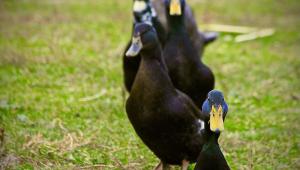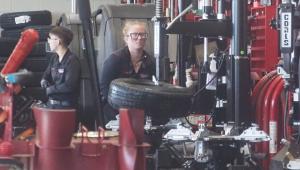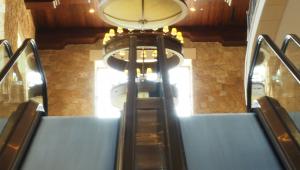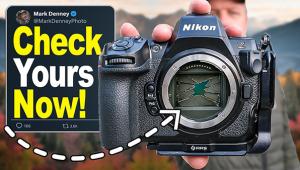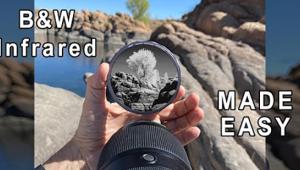Canons CanoScan LiDE 80 Flat Bed Scanner
When I read this press release headline, "Canon launches world's first film scanning capable, bus-powered 2400x4800dpi CIS scanner," I was intrigued. Then learning that the CanoScan LiDE 80 also features 48-bit color depth, only requires power from a USB connection, is only 1.5" high, and weighs just 4 lbs, I twisted our editor's arm to get one for review. I am glad I did because this new Canon scanner combines portability with competitive performance in a scanner with a list price of just $179. Some Shutterbug readers, who have been in contact with me by e-mail, use laptop computers for at least some of their digital activities. Others have expressed the fact that they have only limited space for their digital darkroom and still need to do some photo scanning. And there are always budgetary considerations. If you're among the above groups the CanoScan LiDE 80 may be just your ticket. |
|||
Contact Image Sensor |
|||
Working With The Canon
CanoScan LiDE 80 |
|||
Evaluation And Recommendation Technical Specifications |
- Log in or register to post comments





